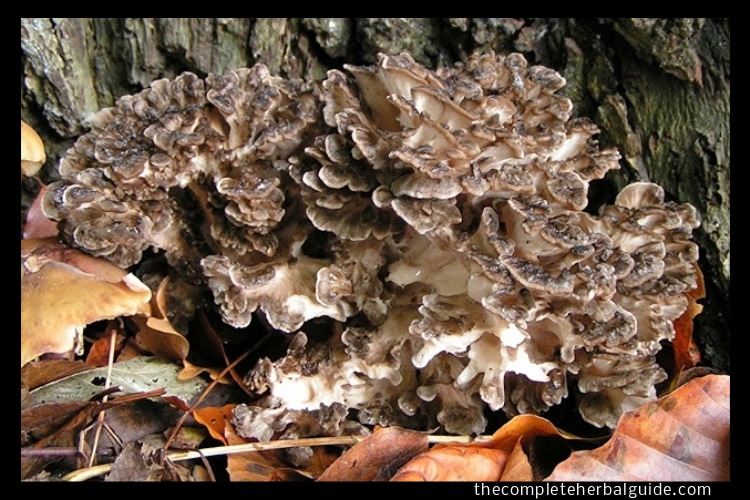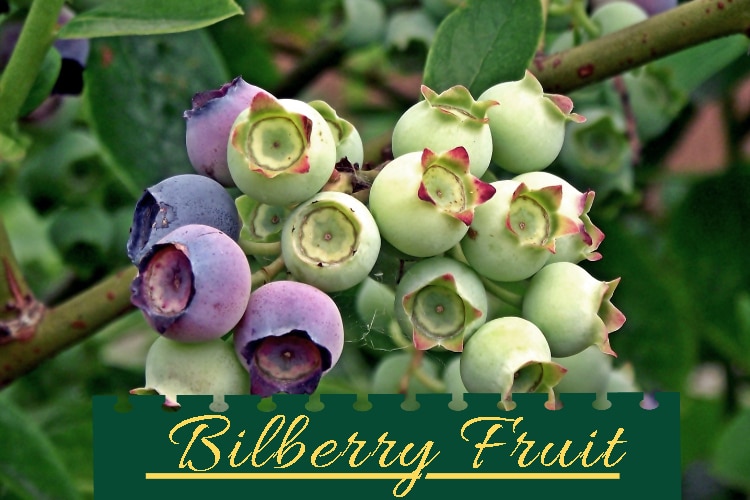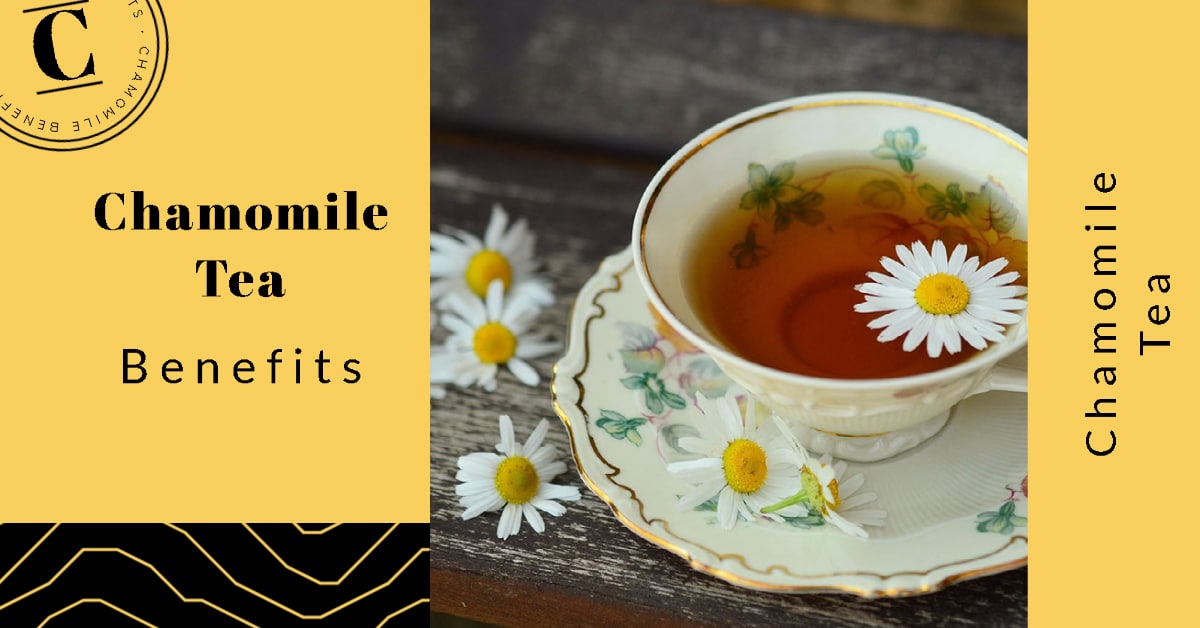
Lemon Balm Medicinal Uses
The herb has been used for centuries to “restore the joy of life to even the most melancholy” and will not only alleviate stress and anxiety but is said to heal and combat cold sores.
Table of Contents
Plant Description
Lemon Balm is one of the most fragrant herbs. Its origin is somewhat ambiguous, but it appears to have originated in the Middle East and southern European areas of the Mediterranean.
Others argue that the herb was brought from the Orient to Spain by Arab traders; however, this perennial plant is now naturalized all over Europe and parts of the United States, where it grows to a height of three feet in fields and along roadsides in almost any type of soil. It is easy to grow, but when cultivated, it is a highly ornamental plant that may frequently be found in beautiful mounded shapes, preferring rich, sandy, loamy soil in the sun or partial shade.
History
Lemon Balm is widely cultivated as a culinary herb with the leaves used in herbal medicine, and its value as an important therapeutic herb goes back thousands of years. Lemon Balm’s botanical name, Melissa, is derived from the Greek meaning “bee,” referring to the great attraction Lemon Balm flowers held for bees. (The plant was a favorite of ancient beekeepers because of the honey they produced.)
The balm is also derived from the Greek balsamon, an oily, sweet-smelling resin. Finally, the name Lemon describes the plant’s fragrance when the leaves are bruised. Virtually all the herbal physicians and naturalists of the past, including Dioscorides and Pliny, revered Lemon Balm as a treatment for various problems, including nervous disorders and headaches, and as an antiseptic for healing wounds.
It was greatly esteemed for all complaints that “proceeded from a disordered state of the nervous system” and was thought to combat poisonous venoms and help insect bites. Arab doctors of the ninth and tenth centuries used Lemon Balm to dispel anxiety and heart palpitations and described it as a “gladdening” herb. Paracelsus (1493-1541) esteemed the herb as “the elixir of life” that would completely revivify a man.
Lemon Balm was brought to Germany (where it is still widely cultivated) by Benedictine monks, and its pleasing flavor is included in the manufacture of Benedictine and Chartreuse.
In 1653, the herbalist, Nicholas Culpepper, said it would relieve weak stomachs. John Evelyn (1620-1706) noted that Lemon Balm was “sovereign for the brain, strengthening the memory and powerfully chasing away melancholy.”
Finally, the London Dispensary of 1696 claimed that a daily dose would “renew youth and strengthen the brain.” The leaves, stems, and flowers of Lemon Balm are used in herbal medicine. Lemon Balm’s constituents include volatile oils, tannins, acids, resin, monoterpenoid aldehydes, flavonoids, and polyphonic compounds.
In 1653, the herbalist, Nicholas Culpepper, said it would relieve weak stomachs. John Evelyn (1620-1706) noted that Lemon Balm was “sovereign for the brain, strengthening the memory and powerfully chasing away melancholy.”
Finally, the London Dispensary of 1696 claimed that a daily dose would “renew youth and strengthen the brain.” The leaves, stems, and flowers of Lemon Balm are used in herbal medicine. Lemon Balm’s constituents include volatile oils, tannins, acids, resin, monoterpenoid aldehydes, flavonoids, and polyphonic compounds.
Medical Uses
Lemon Balm has been used for thousands of years as an effective calmative for all kinds of nervous problems, including tension headaches, migraines, neuralgia, hysteria, nervous tension, stress, anxiety, excitability, heart palpations (resulting from anxiety), and agitation.
Frequently called “the calming herb,” it may be effective in treating Attention Deficit and Hyperactivity Disorders, easing such symptoms as the inability to listen, fidgeting, inability to sustain attention, and shifting from one incomplete task to another. It also appears to relax muscle tension without daytime drowsiness.
To prevent insomnia, Lemon Balm is used to calm and relax the nerves, and Lemon Balm is an old and particularly reliable treatment for relieving feelings of melancholy and depression.
Lemon Balm is also effective in calming the digestive tract. It relieves dyspepsia, colic, gas, upset stomach, indigestion, and stomach cramps (particularly when related to nervous tension).
In treating Alzheimer’s disease, Lemon Balm shows great promise because of the herb’s possible central nervous system acetylcholine receptor activity and antioxidant properties. It may even positively affect cognitive abilities, enhance memory and improve mental clarity.
Further demonstrating Lemon Balm’s calmative quality, the herb has been used to relieve irritable bowel syndrome (IBS), stopping the spasms and relieving the pain and cramps associated with the disease. In addition, although it is strong enough to ease spasms, it is not so strong as to cause constipation.
Lemon Balm is an old folk remedy for treating feverish patients. It promotes perspiration and cools the body by breaking a fever. It is especially helpful in cases of colds and flu. Lemon Balm is also said to relieve bronchial catarrh and some forms of asthma.
In cases of hyperthyroidism, the flavonoids and polyphenolics found in Lemon Balm induce thyroid-regulating actions and have been known to block the attachment of thyroid cells by antibodies that cause Graves’ disease. This condition results in hyperthyroidism and over-stimulation of the thyroid gland.
Cold Sores Herbal Remedies – Lemon Balm Herb
Lemon Balm is said to possess excellent antiviral properties. Its volatile oils have been known to destroy viruses in test tubes in as little as three hours, and this quality makes the herb especially helpful in combating cold sores and herpes virus infection. In addition, it is also thought to relieve the pain, itching, and sting of an outbreak. According to recent research, topical use of Lemon Balm speeds the healing time of herpes simplex virus sores on the mouth.
Lemon Balm is an antibacterial and is used externally. It makes a fine poultice that has anti-putrescent effects and has been used as a surgical dressing. It is suitable for tumors, insect bites, and stings and cleanses sores and wounds. Because of its agreeable lemony scent, the herb is often included in sachets, potpourris, and perfumes.
Precautions – lemon balm side effects
Who should not use lemon balm? Lemon Balm is mild, gentle, and safe for children. It is wise, however, not to take it concurrently with barbiturates for insomnia or anxiety, as it may increase their effects.






